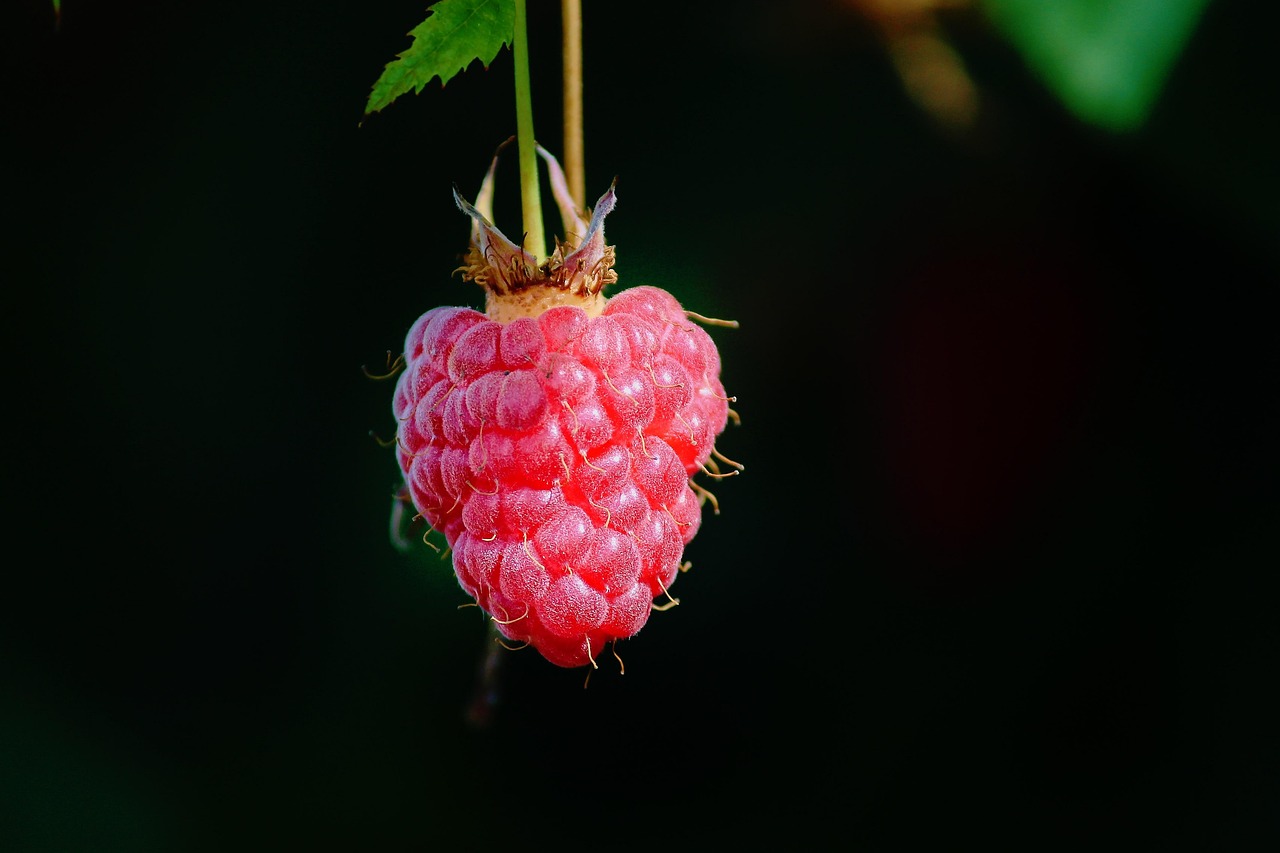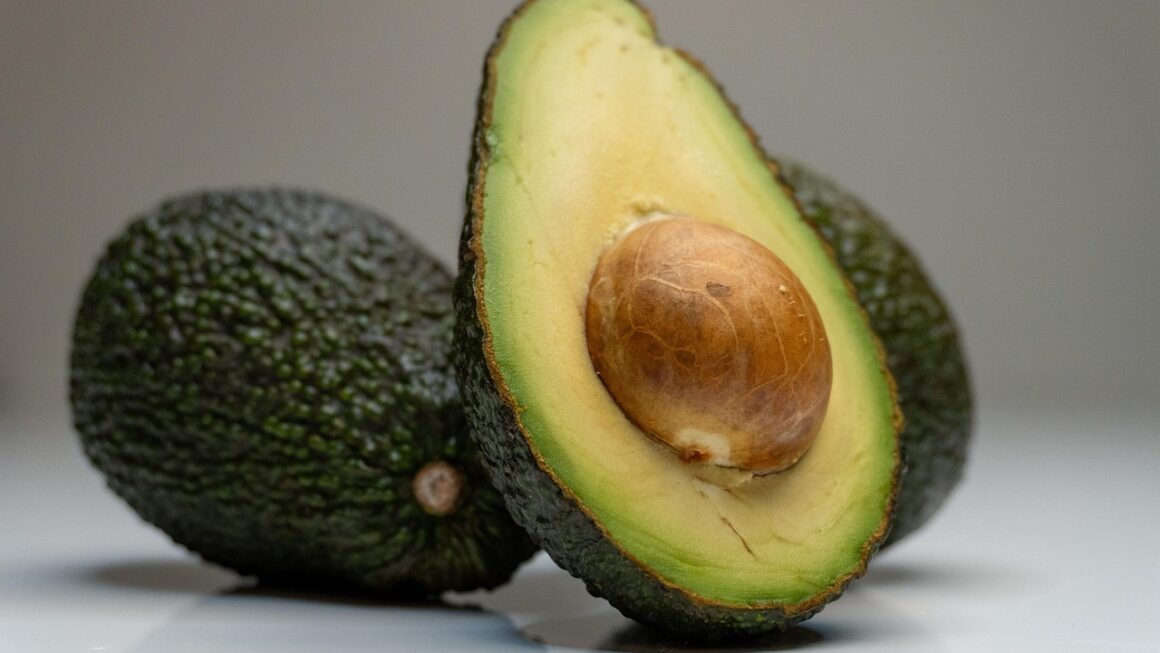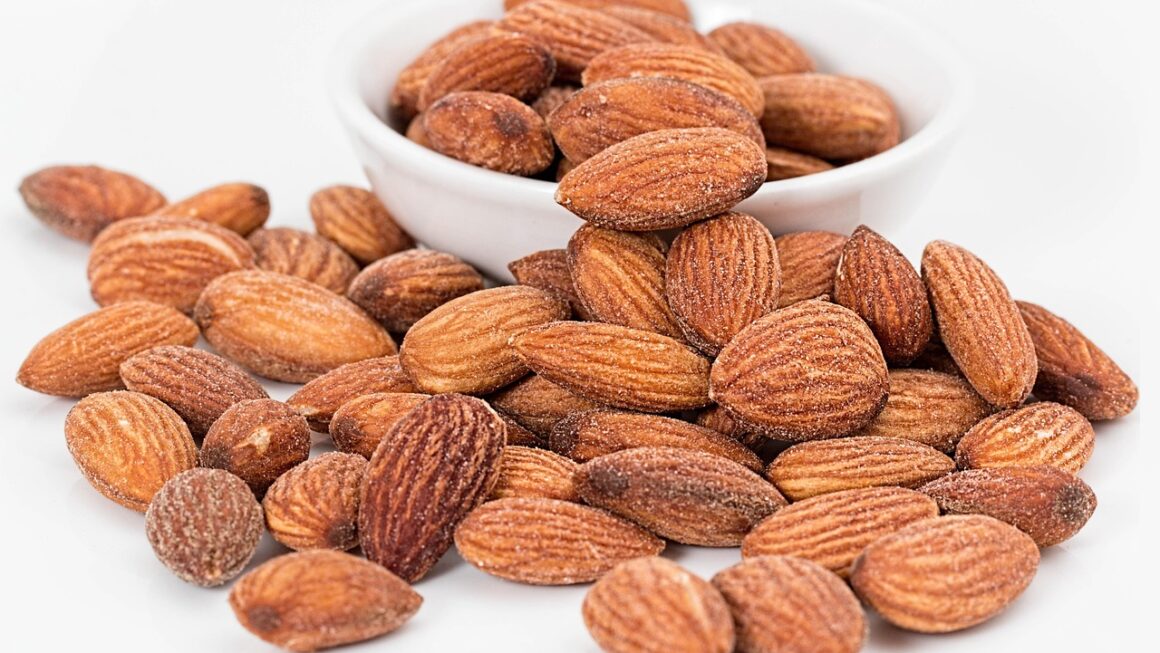Embracing a plant-based diet is no longer merely a trend; it has become a lifestyle choice for many people around the world. As awareness grows about the benefits of eating whole, unrefined plant foods, more individuals are looking to incorporate more fruits, vegetables, legumes, and whole grains into their diets. Whether motivated by health, environmental concerns, or ethical considerations, making the shift to plant-based eating can transform your life!
Understanding Plant-Based Diets
A plant-based diet emphasizes the consumption of whole, minimally processed foods derived from plants. This approach doesn’t necessarily mean eliminating all animal products but focuses on maximizing plant intake. Here’s what you need to know:
What Constitutes a Plant-Based Diet?
- **Fruits**: Local or seasonal varieties, dried, or fresh are all excellent choices.
- **Vegetables**: Leafy greens like spinach and kale, cruciferous vegetables such as broccoli, and root vegetables like sweet potatoes.
- **Legumes**: Beans, lentils, chickpeas, and peas are packed with protein and fiber.
- **Whole Grains**: Options like quinoa, brown rice, and oats provide essential nutrients.
- **Nuts & Seeds**: Almonds, walnuts, chia seeds, and flaxseeds offer healthy fats and proteins.
Benefits of a Plant-Based Diet
Shifting to a plant-based diet comes with numerous health benefits. Here are some major advantages:
Improved Health Outcomes
- Heart Health: Studies have shown that plant-based diets can lower cholesterol levels, reducing the risk of heart disease.
- Weight Management: Research indicates that people on plant-based diets tend to consume fewer calories, leading to easier weight management.
- Diabetes Prevention: A study by the American Diabetes Association noted that plant-based diets could significantly lower the risk of developing type 2 diabetes.
Environmental Impact
Switching to a plant-based diet has positive implications for our planet:
- **Reduced Carbon Footprint**: Animal agriculture contributes significantly to greenhouse gas emissions. Transitioning to plants can lower your personal carbon footprint.
- **Sustainability**: Plant-based diets require less land, water, and energy to produce than meat-based diets.
- **Biodiversity Preservation**: Less demand for livestock farming leads to less habitat destruction, preserving ecosystems and wildlife.
How to Transition to a Plant-Based Diet
Making a significant dietary shift can be challenging. Here are actionable steps to facilitate a smooth transition:
- Start Gradually: Begin by replacing one meal a day with plant-based options. Consider breakfast smoothies or veggie-packed salads for lunch.
- Experiment with New Recipes: Explore cookbooks or online resources dedicated to plant-based cooking. Try dishes like lentil curry or chickpea stir-fry.
- Plan Your Meals: Weekly meal planning can alleviate the stress of figuring out what to eat. Prepare dishes in advance to make it easier.
- Listen to Your Body: Pay attention to how different foods make you feel, and adjust your diet accordingly.
Common Misconceptions about Plant-Based Diets
Despite the numerous benefits, some misconceptions persist. Let’s clarify a few of them:
Protein Deficiency
- Myth: Plant-based diets do not provide enough protein.
- Reality: Numerous plant foods, including legumes, nuts, seeds, and whole grains, offer ample protein. For example, one cup of cooked lentils provides about 18 grams of protein!
Carbohydrates and Weight Gain
- Myth: Carbs are bad and should be avoided.
- Reality: Whole grains and vegetables are essential for a balanced diet. Focus on consuming complex carbohydrates, which provide sustained energy and nutrients.
Conclusion
Transitioning to a plant-based diet can significantly enhance your health and well-being while simultaneously benefiting the environment. With endless delicious options and the support of numerous resources, anyone can adopt this sustainable lifestyle. Remember, it’s not about perfection—it’s about progress. Start small, keep learning, and enjoy the journey towards better health and a greener planet!





One thought on “Unlock the Power of Plants: Transform Your Health with a Vibrant Plant-Based Diet”